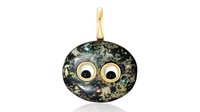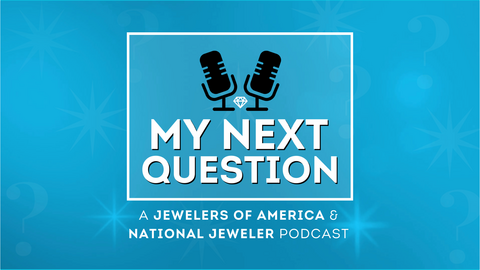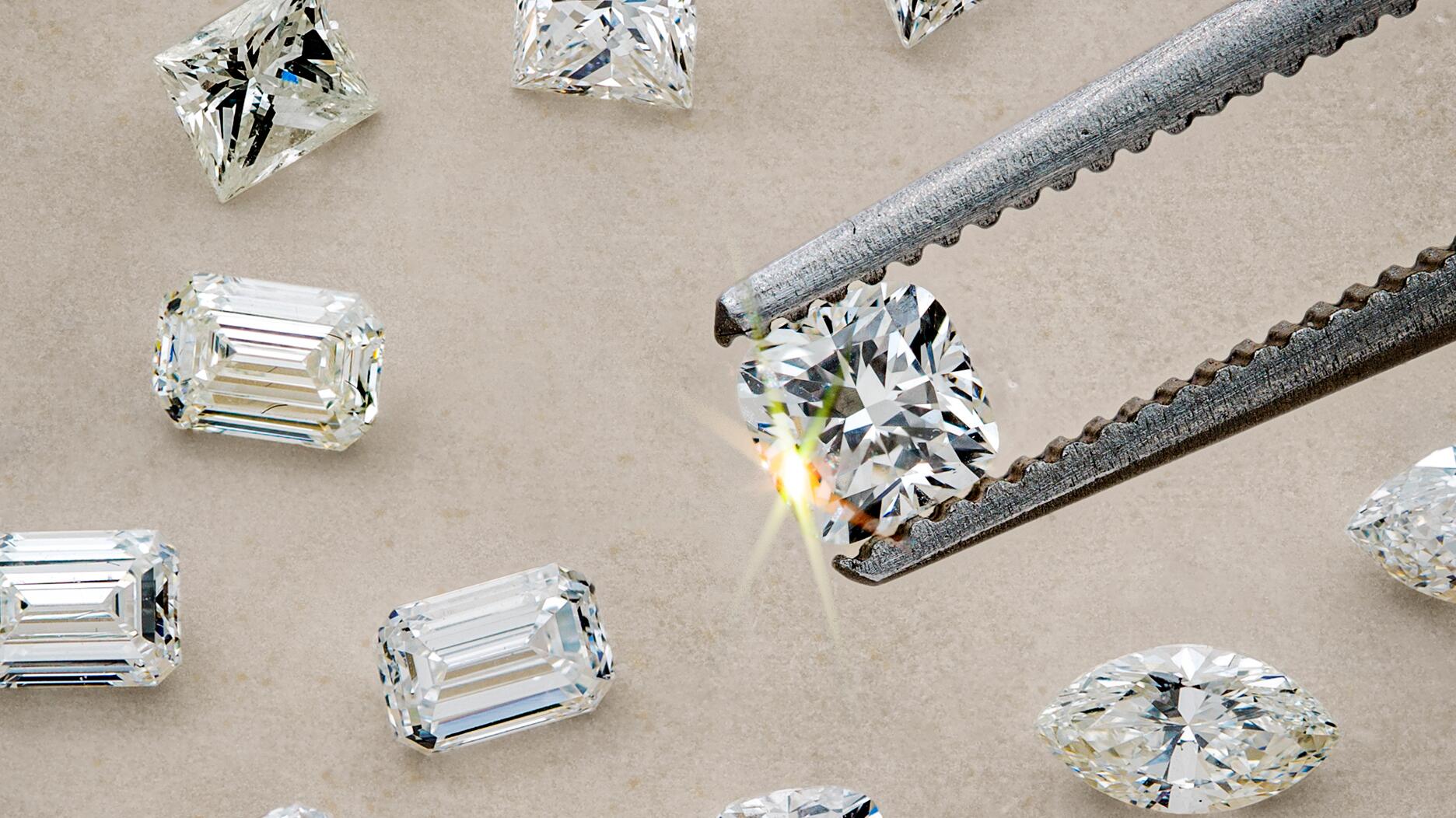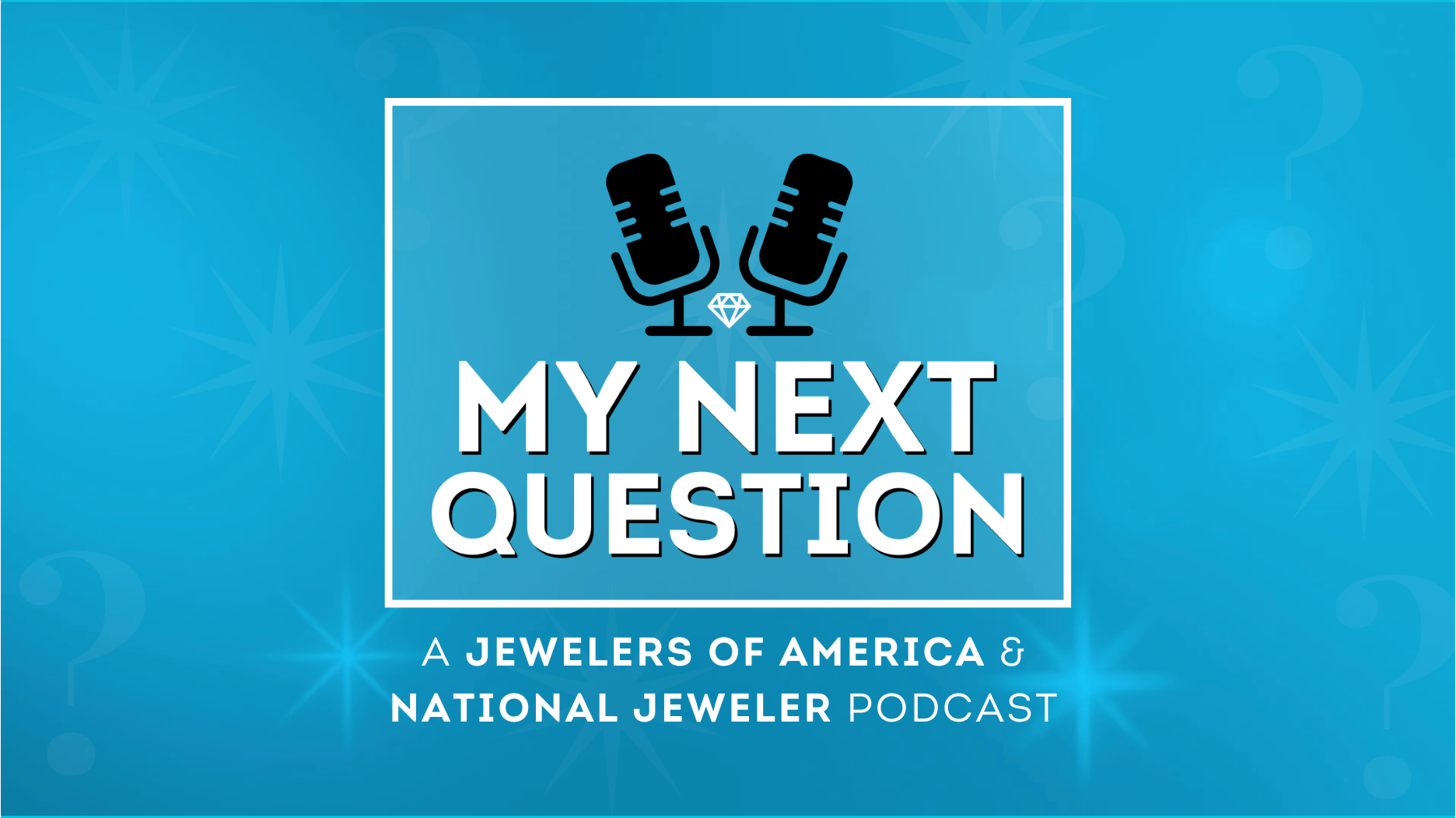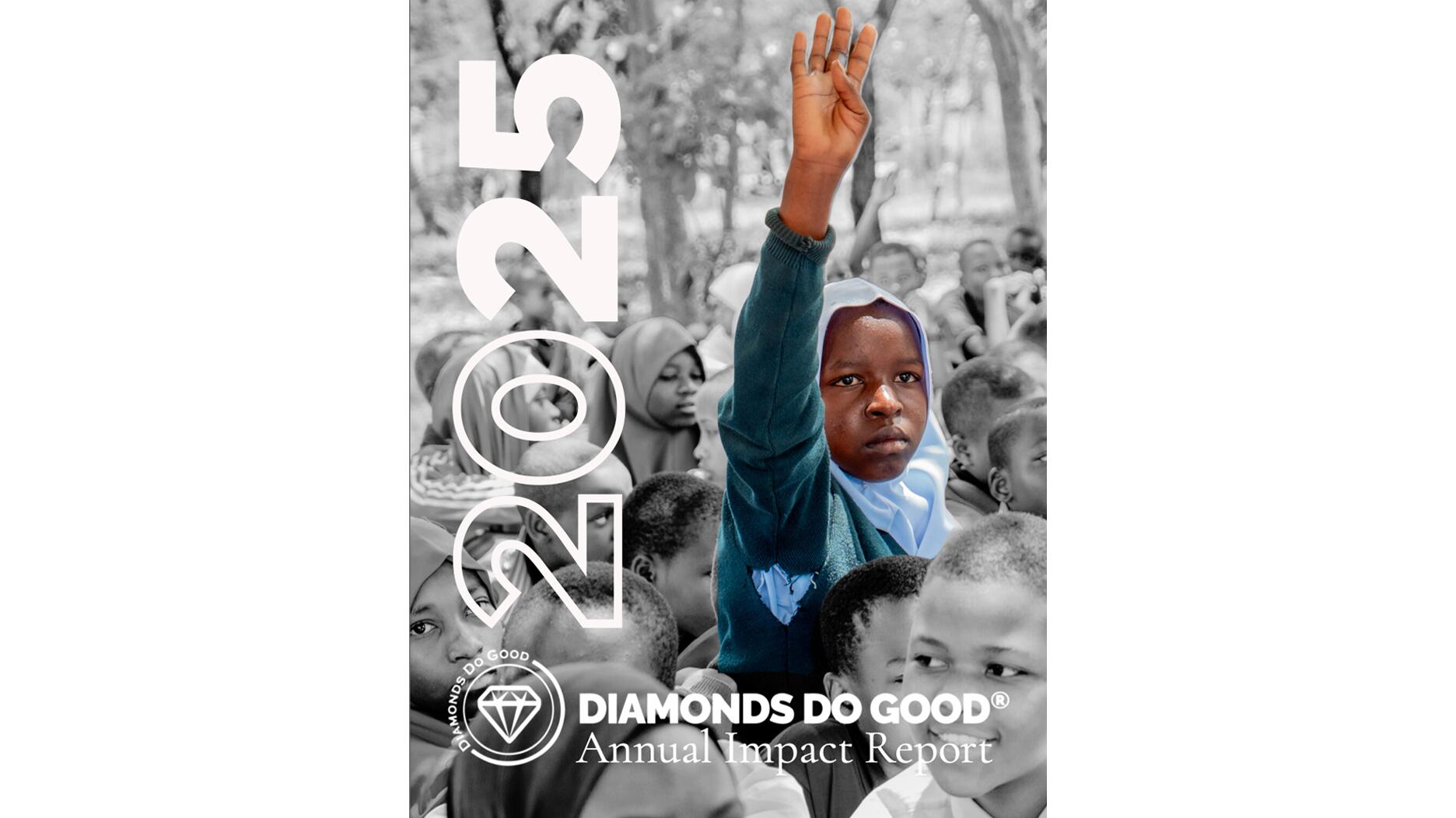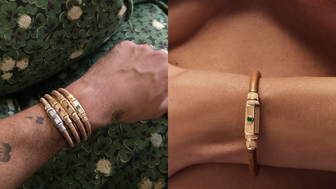The brand is trading its colorful fabric cords for Italian leather in its “Lasso” baby locket bracelets.
NGO, CAR Government Spar Over Report on Smuggling
Global Witness warns of widespread diamond smuggling in the Central African Republic, but the country’s government says its claims are false and “lack substance.”
London--Global Witness recently published a report warning of widespread diamond smuggling in the Central African Republic, but the country’s government says claims made in the report are false and “lack substance.”
In the report published June 22, Global Witness outlines the two main issues it currently sees in the Central African Republic, which resumed the export of rough diamonds from certain areas, known as “green zones,” beginning in June 2016 following a three-year suspension from the Kimberley Process.
First is the smuggling of diamonds--some of which are conflict diamonds coming from the eastern part of the country--into neighboring countries like Cameroon, the Democratic Republic of Congo and Sudan.
These diamonds get “naturalized,” meaning they are transported out of CAR without any documentation and then given Kimberley Process certificates from the country into which they are smuggled as if they were mined there, said Global Witness conflict resources campaigner Aliaume Leroy.
He said while it is difficult to say what quantity of rough diamonds are being smuggled, Global Witness spoke with seven diamond dealers for its report, all of whom confirmed that the smuggling continues “on a large scale.”
The second issue raised in the report is the potential export of diamonds that were stockpiled during CAR’s suspension from the Kimberley Process, diamonds that are “at serious risk of having financed armed groups,” the report states.
“They potentially have funded the conflict,” Leroy said. “Those actors who bought the diamonds should not profit from that situation.”
Global Witness recommends that any diamonds in those stockpiles that are believed to have come from the eastern, conflict-ridden part of the country should be confiscated and sold transparently as conflict diamonds, with the profits then cycled back into CAR to fund services for people who have suffered because of the conflict.
About a week after the report was published, the government of the Central African Republic issued a response stating that it “categorically rejects” the “broad” and “non-factual” allegations made in the report, which, the letter points out, were based on a few testimonies from those involved in fraud and “lack substance.”
Signed by Leopold Mboli Fatran, the country’s minister of mines, energy and hydraulics, the letter details the steps the country has taken since being given the go-ahead to resume exports, including implementing reforms to make it possible to control rough diamonds from production sites in compliant zones; the transfer of diamonds in tamper-resistant bags from approved areas
The reforms are being carried out in cooperation with Property Right and Artisanal Diamond Development Project, or PRADD, which is funded by USAID, the United States Agency for International Development.
“The government recognizes that cross-border smuggling of rough diamonds is a criminal activity that has always existed,” Fatran states in the letter. “However, the government declares that this phenomenon is currently declining at present, further to the courageous measures that have been taken to ensure better control of the green zones recognized by the KP in the western part of the country.”
The missive concludes by pointing out that, “It is important to remember that one family out of four in the country indirectly lives from artisanal and alluvial mining.”
In response to the CAR government’s letter, Global Witness issued a statement to National Jeweler on Monday, which reads, in part, that while it understands that the diamond trade is vital to the citizens of CAR, the trade needs to be responsible.
“‘A Game of Stones’ documents these facts not to harm the diamond trade in CAR, but to ensure they are confronted rather than ignored. It acknowledges--and tentatively welcomes--the efforts of the Kimberley Process and the government of CAR, but warns of risks that must be acknowledged and dealt with if genuine reform is to be achieved. It seeks to expose those who view the country’s current troubles as a business opportunity, while urging greater support for those seeking to mend them, including from international diamond companies.”
Both the Global Witness report and Leroy also stated that the Kimberley Process is not enough to curb the flow of illicit CAR diamonds, or diamonds from other parts of the world that contribute to human rights abuses and, therefore, don’t fall within the limited purview of the KP.
Leroy pointed to the UN Guiding Principles for Business and Human Rights, and the Organisation for Economic Co-operation and Development’s five-step framework on responsible sourcing from high-risk and conflict-affected areas as two resources available for companies in the diamond industry to use.
“The onus is on companies now. They have to take a proactive stance on these issues,” he said.
When asked about the allegations and recommendations made in the Global Witness report, KP Chair Robert Owen-Jones of Australia did not answer specific questions but provided a statement in which he noted that the KP’s CAR Monitoring Team (CMT) has been working with the CAR government to begin rough diamond exports from green zones since 2015 and has been “carefully analyzing” supply chains, including the stockpiles.
“I appreciate the enormous contribution that the diamond industry makes to livelihoods in CAR,” Owen-Jones’s statement reads. “I appreciate also the active participation of civil society in KP and am highly supportive of greater civil society engagement in the process.”
The entire Global Witness report, “A Game of Stones,” is available on the organization’s website.
Global Witness is not the first NGO to raise concerns about the smuggling of diamonds out of CAR since the resumption of exports last summer. In December 2016, Partnership Africa Canada published a report about conflict diamonds being smuggled over the border into Cameroon.
The Latest

National Jeweler and Jewelers of America’s popular webinar series is evolving in 2026.

The department store chain owes millions to creditors like David Yurman, Roberto Coin, Kering, and LVMH.

Criminals are using cell jammers to disable alarms, but new technology like JamAlert™ can stop them.

The award-winning actor’s visionary approach and creativity echo the spirit of Boucheron, the brand said.


Edge Retail Academy honored Burnell’s Fine Jewelry in Wichita, Kansas, with its annual award for business excellence.

In a market defined by more selective consumers, Sherry Smith shares why execution will be independent jewelers’ key to growth this year.

How Jewelers of America’s 20 Under 40 are leading to ensure a brighter future for the jewelry industry.

The family-owned jeweler’s new space is in a former wholesale produce market.

Ivel Sanchez Rivera, 52, has been arrested and charged in connection with the armed robbery of Tio Jewelers in Cape Coral, Florida.

The new show will take place Jan. 23-25, 2026.

A monthly podcast series for jewelry professionals

Associate Editor Natalie Francisco highlights her favorite jewelry moments from the Golden Globes, and they are (mostly) white hot.

Yantzer is remembered for the profound influence he had on diamond cut grading as well as his contagious smile and quick wit.

The store closures are part of the retailer’s “Bold New Chapter” turnaround plan.

Through EventGuard, the company will offer event liability and cancellation insurance, including wedding coverage.

Chris Blakeslee has experience at Athleta and Alo Yoga. Kendra Scott will remain on board as executive chair and chief visionary officer.

The credit card companies’ surveys examined where consumers shopped, what they bought, and what they valued this holiday season.

Kimberly Miller has been promoted to the role.
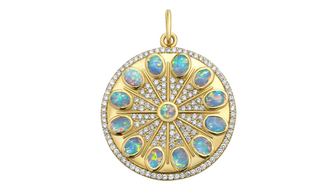
The “Serenity” charm set with 13 opals is a modern amulet offering protection, guidance, and intention, the brand said.

“Bridgerton” actresses Hannah Dodd and Claudia Jessie star in the brand’s “Rules to Love By” campaign.

Founded by jeweler and sculptor Ana Khouri, the brand is “expanding the boundaries of what high jewelry can be.”
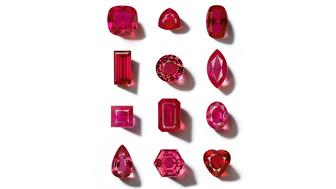
The jewelry manufacturer and supplier is going with a fiery shade it says symbolizes power and transformation.

The singer-songwriter will make her debut as the French luxury brand’s new ambassador in a campaign for its “Coco Crush” jewelry line.

The nonprofit’s new president and CEO, Annie Doresca, also began her role this month.

As the shopping mall model evolves and online retail grows, Smith shares his predictions for the future of physical stores.
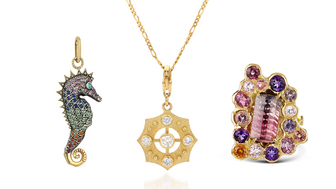
The trade show is slated for Jan. 31-Feb. 2 at The Lighthouse in New York City's Chelsea neighborhood.






